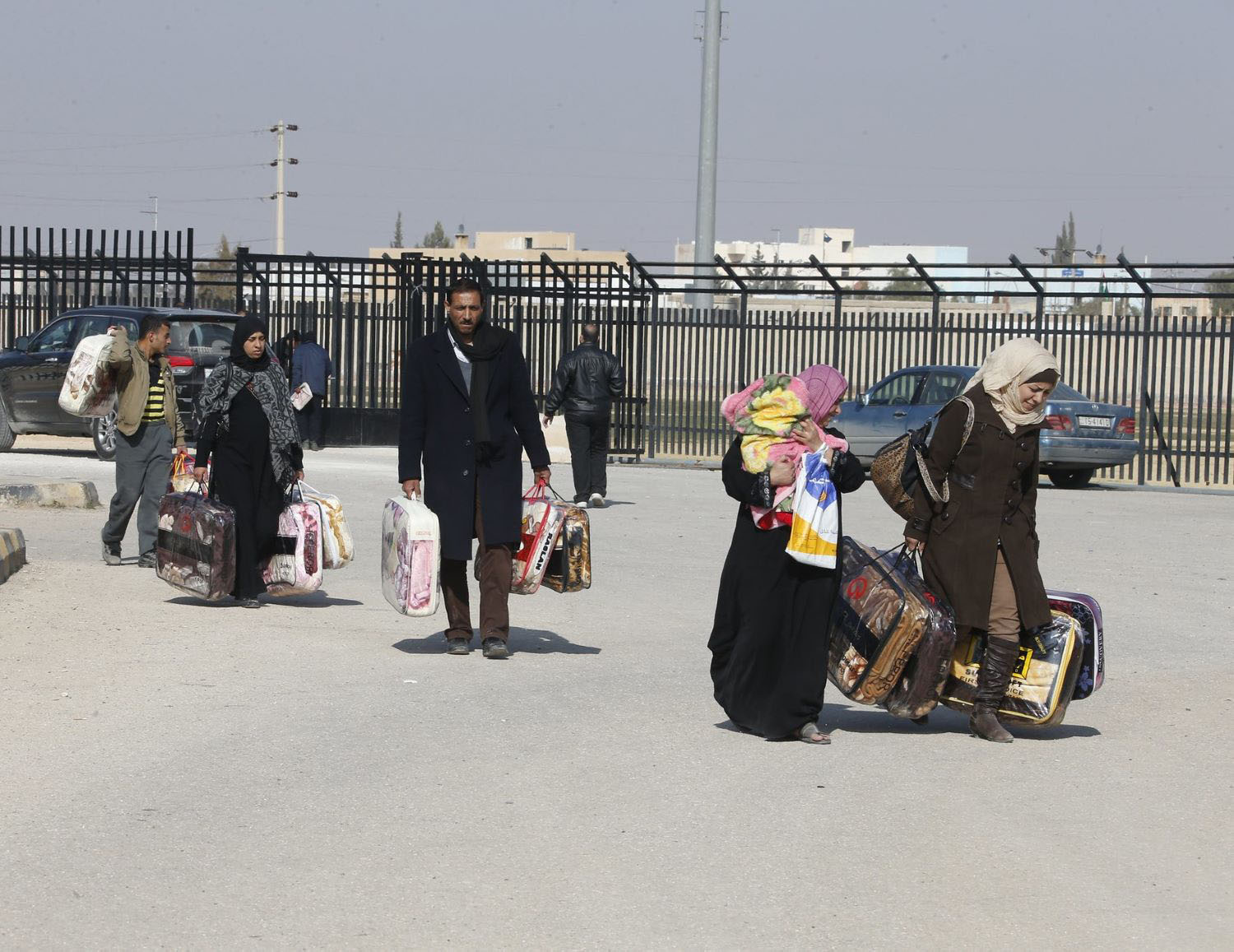Philip Hammond, Chancellor of the Exchequer, has assured people that post-Brexit labour policy will be about the “cream of the crop,” making sure that high-skilled workers won’t face excessive red tape or heavy-handed visa rules if they want to work in the UK. The “migration problem,” in Hammond’s words, is not with “computer professors, brain surgeons, or senior managers.”
A migration policy built on that creaky premise misses at least three key points:
- Gains from trade
- Mutual productivity
- Huge welfare gains
While it is tempting to think that the UK would fare well to try skimming the “cream” of internationally-mobile, highly-skilled migrants, this notion is short-sighted, expensive, and will harm the UK economy. The UK’s Brexit vote was in part a vote for greater control over immigration—not a decision to end it altogether. So what can be gained from rethinking Britain’s post-Brexit migration policy?
Gains from trade
To paraphrase the economist Bryan Caplan, brain surgeons end up picking apples in a labour force of brain surgeons. The insight is one of the oldest in economics: we all gain from doing different things, and exchanging with one another.
It’s tempting to believe that a labour policy that prioritises the best-educated boosts collective productivity—but doctors, lawyers, and other specialists need to share a society with people who have complementary skills so that everyone can focus on what they do best.
As it happens, apples are a case in point. British agriculture contributes nearly £4 billion a year to the economy and depends heavily on foreign workers. According to a recent survey by the National Farmers’ Union, two in three farmers said that they expected to have a harder time finding workers by 2018, a figure that goes up to more than eight in ten for the very productive farms that now rely on 21 or more seasonal workers.
Deals may already be in the works to ensure that the agricultural sector can get access non-UK workers. But economics isn’t industry-specific. The same risks of tighter labour supply, higher costs, and higher prices (or just becoming uncompetitive) apply to other sectors without agriculture’s well-organised lobby.
Mutual productivity
What about the fear that allowing lower-skilled workers—such as farm workers—into the UK will displace British people from doing these jobs? On the face of it, it seems reasonable to worry that letting in low-skilled workers would put some local workers out of a job.
This argument is temping, but wrong. It starts with the hidden—and incorrect—assumption that there are only so many jobs to be done in the economy. This can’t be true. After all, there are 25 million people more in Britain today than there were a hundred years ago, but we don’t have 25 million unemployed people. As the number of people has risen, so too has the amount of work.
Additional people—whether they are British-born or come from abroad—don’t just take work, they also create demand elsewhere in the economy. They need food to eat, houses to live in, haircuts, bank accounts and mobile phones, all of which mean more jobs for other people.
Not only that, low-skilled immigrants will often take the most dangerous and undesirable jobs, and enable native workers to move into higher-productivity, more desirable occupations.
This isn’t a wonky, theoretical argument: the data show that it happens. A clever piece of analysis using Danish data shows that inflows of foreign workers not only grow the overall economic pie, but do so in part by enabling people to move into higher-productivity occupations. The sous-chef’s place is taken by a new colleague. The former sous-chef becomes the executive chef. The executive chef opens a new restaurant.
So we know, both theoretically and empirically, that the arrival of low-skilled immigrants will increase the number and the quality of jobs available existing workers. But this does not appear to connect with the lived reality of any particular British worker. They tend to see the direct effect of immigration as greater competition for jobs that they could have expected to get; it is harder for anyone to see the indirect effects of immigration, which include a larger number of more productive, better paid jobs in the economy.
And the transition to a new job, even if it is likely to be a better paid one, is never painless. Many societies do a lousy job of implementing policies that could ease this transition—even though they could be easily financed from the economic benefits of the immigration. This difference in the visibility of the effects and the poor handling of transition helps to explain why people blame migrants for unemployment and other economic misfortunes.
Huge welfare gains
The two points above suggest compelling, self-interested reasons to extend opportunities not only to the highest international earners but to low-income migrants as well. What’s more, smarter labour and migration policy is a win-win that pays huge dividends for people who did not win life’s lottery by getting themselves born in a high-productivity country.
As our colleague Lant Pritchett recently pointed out, the total lifetime value of the very best in-country foreign aid programme available is worth less than a quarter of the benefit a worker from a poor country gets from working in a high-productivity country for a single year. Allowing people to work in countries like the UK, even temporarily, not only fills a niche in labour markets and makes existing workers more productive: it is amongst the most effective development interventions available.
For example, New Zealand’s Recognised Seasonal Employer (RSE) programme was introduced nearly a decade ago to recruit workers from near-by Pacific Islands such as Vanuatu to fill seasonal labour shortages. A World Bank evaluation of the programme shows that the incomes, spending, asset ownership and savings of the short-term migrants leap up as a consequence of being employed overseas. They also benefit their home communities by helping to supply public goods like water supplies and street lighting. In the authors’ own words, this temporary mobility scheme is “among the most effective development policies evaluated to date.”
These are not sought-after jobs that locals are queuing to fill. Another paper by the same authors concludes about the RSE scheme that there’s little displacement of local workers, and migrant workers were in some cases over 50 percent more physically productive than local workers. Though some people raise concerns that temporary workers will stay for longer than they are permitted, less than one in a hundred people employed through the RSE scheme overstayed.
Chancellor Hammond has said the government would look for “appropriate” ways to assess the UK’s agricultural labour needs. But the logic of gains from trade, complementarity of workers, and a huge development dividend doesn’t end at the farm gate.
There is already a UK system in to recruit skilled workers: the tier 2 visa system could be adapted and streamlined for skilled European workers (who do not currently need a visa). But a new system must be crafted to fill the coming gap in the British labour market that is crucial to the UK’s economy—and won’t be filled by local workers. We need doctors to keep us healthy, and we also need apple-pickers to get apples to our tables. If some of those workers could be from lower-income countries, so much the better for all of us.
Thanks to Owen Barder for smart additions to an earlier draft.
Disclaimer
CGD blog posts reflect the views of the authors, drawing on prior research and experience in their areas of expertise. CGD is a nonpartisan, independent organization and does not take institutional positions.





